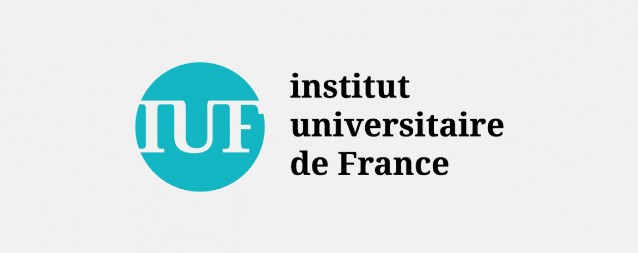Optimization of the stabilization of eco-building materials through the characterization of microstructural modifications and their impact on hygrothermal regulationJunior Chair of the Institut Universitaire de France for scientific innovation

For civil engineering, meeting the challenge of climate change requires a change in construction practices. The use of low carbon impact materials is one of the levers to limit the environmental impacts of this sector. This project seeks to optimize the alternative stabilization of raw earth-based eco-materials in order to increase the hygrothermal regulation and the interior comfort of buildings. The innovation here lies in the physico-chemical identification of the processes and the evaluation of their impact on the microstructural modifications to improve the manufacturing techniques and the uses.
Start : 2021
End : 2026
Leader : Céline Perlot Bascoulès
Project description :
This chair aims to develop alternative stabilizations to traditional hydraulic binders (cement, lime, etc.) for raw earth in order to use it as a construction material.
The work is carried out through different actions or collaborative research projects on the following three themes
- Bio-stabilization
- The study of the effects of the alternative stabilization on the retention of pollutants and the hygrothermal comfort of buildings
- Stabilization by industrial and agricultural by-products
Céline Perlot-Bascoulès, holder of the IUF chair, is a lecturer at the University of Pau and Pays de l'Adour and head of the Geomaterials and Structure team within the SIAME.
Partnership
- Liverpool John Moores University (United Kingdom).
- University of Novi Sad (Serbia)
- University of Genova (Italy)
- ETH Zürich (Switzerland)
- IMT Mines Ales
- Public University of Navarre (Spain)
- Common team UPPA-Nobatek/INEF
- Aquitanis
- Cemex
- La Ville de Pau
Junior Chair of the Institut Universitaire de France for scientific innovation
The IUF Innovation Chairs aim at transferring and valorizing research work to companies (existing or created on this occasion), local authorities, associations, and citizens, and which allows, through the application of research, to promote real innovation. The work concerned may be methodological and/or technological, breakthrough or incremental. The projects identified must be likely to have measurable positive effects on the economy, society, culture, public policies or public interest services.
